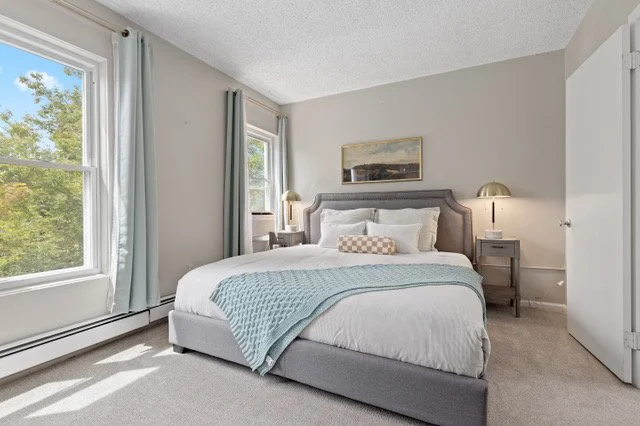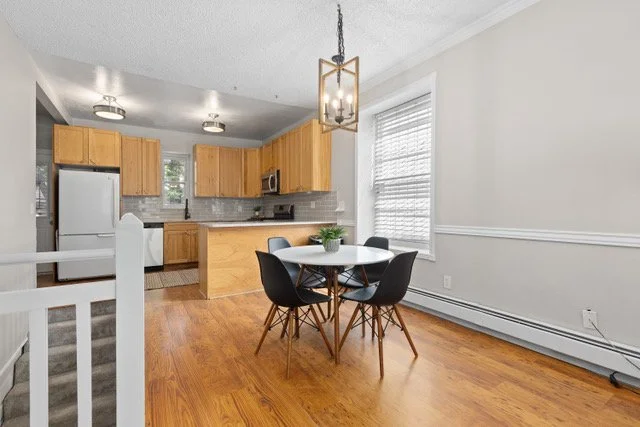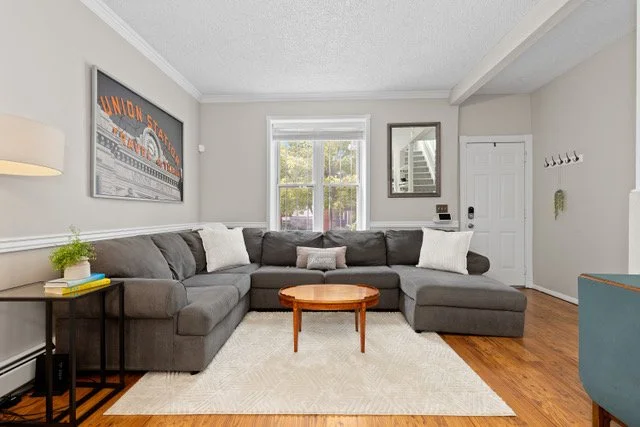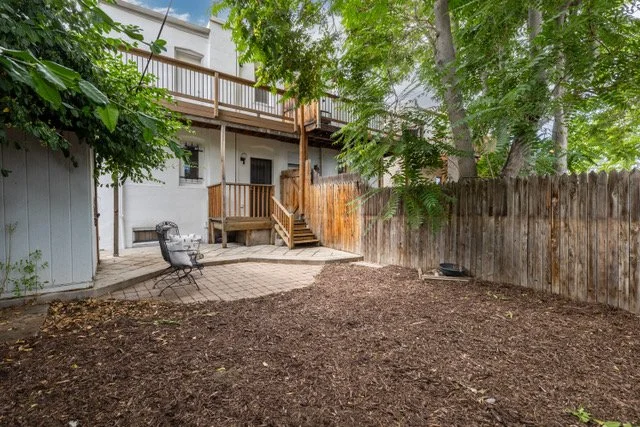The fastest-growing group of real estate investors? They’re not hedge funds or institutional investors. They’re nurses, teachers, NASA engineers, and first-time landlords with a smartphone.
In recent years, 85% percent of investor-owned residential properties were purchased by small scale “mom and pop” landlords, rather than institutional players. Thanks to property technology, investors no longer need deep pockets, a finance degree, or a ton of spare time to start building a real estate business.
Real estate has long been one of the most capital-intensive, time-consuming, and difficult asset classes to break into. But proptech is dismantling many of the long-standing barriers that once kept many people out, redefining who gets to invest, who gets to earn, and who gets to build wealth from real estate.
Just as fintech became essential infrastructure for financial inclusion, proptech is democratizing real estate investing through smart, values-aligned innovation.
Time is no longer the gatekeeper
In the past, investing in real estate meant navigating a maze of manual tasks—collecting paper checks, coordinating maintenance by phone (often in the middle of the night), and tracking expenses with pen, paper, and shoeboxes. The time commitment required wasn’t feasible for most people.
Today, modern software platforms automate and centralize nearly every step of the process. Automated five-pronged tenant screening tools deliver instant background and credit checks. Lease agreements can be generated digitally and signed online. Rent is collected automatically via mobile apps. And maintenance requests flow through clean, trackable dashboards that dispatch vetted local pros without bothering the owner at odd hours.
That kind of automation has opened the doors to investors who once felt priced out—not financially, but in terms of time and attention. I’ve seen it firsthand. One landlord and long-time RentRedi user, a NASA engineer named Dawid, manages his real estate business in the evenings and on weekends while continuing to work in aerospace. Proptech makes it possible to treat real estate like a side hustle, rather than a full-time obligation.
Financial barriers are no longer the dealbreaker
There’s no denying it: The financial hurdles to buying property have grown steeper. Home prices are high. Interest rates have increased. For many aspiring investors, the traditional path to ownership feels out of reach.
But while the barrier itself has risen, proptech is helping people find strategic ways to overcome it. Digital tools are making creative income strategies—like renting out space or co-owning properties—more accessible and easier to manage than ever before.
By generating income from day one, many of these strategies reduce the amount of personal capital needed to cover costs. That means investors can start smaller, take on less risk, and enter the market more affordably. The result? A new wave of homeowners and investors who are building wealth one step at a time.
Creative property monetization: Turn space into income
Even without renting to long-term tenants, homeowners can generate meaningful income from underutilized parts of their property. Proptech platforms make it easy to list, manage, and monetize these spaces, turning idle square footage into opportunity.
One of the most rapidly growing real estate trends is accessory dwelling units (ADUs). These are separate, self-contained structures on a residential lot (often detached in backyards or converted from existing garages) that can be rented out for short- or long-term stays.
Creative models can lower the financial strain of ownership and allow people to begin investing in real estate incrementally, without the need for multiple properties or large upfront capital.
Scale without the traditional infrastructure
For investors who start small—whether through co-ownership, or a single rental unit—scaling is traditionally the next big hurdle. Growing a real estate portfolio used to require hiring property managers, assembling in-house teams, or outsourcing to expensive service providers. The overhead alone made it difficult to expand without deep pockets or significant infrastructure.
That’s no longer the case. Today, an individual with the right property management software can manage 1, 10, 50, even 100 units independently. Operations that once required a staff can now be handled from a mobile dashboard in minutes. Investors can grow their portfolios incrementally without sacrificing their full-time careers or quality of life.
Another customer, Katherine, is a pediatric ICU nurse who wanted to create passive income for retirement. She started with three units and has since expanded her portfolio to eight units in just three years, managing it alongside her demanding healthcare schedule.
These aren’t isolated success stories—they’re part of a growing trend. Proptech means real estate investing can become something people can build around their lives. The tools once reserved for big players are now in the hands of everyday investors.
This shift lowers structural barriers for underrepresented groups. Young, minority, and female investors who have historically faced the steepest entry points are now scaling businesses with little more than a smartphone and a solid strategy.
A new era of inclusive real estate investing
What fintech did for Wall Street, proptech is doing for Main Street real estate. It’s unlocking ownership, income, and long-term financial opportunity for more people in more places, with fewer of the barriers that once made real estate the domain of the already-wealthy.
As more people access real estate as a means to build wealth, proptech helps reshape who owns housing in America—and how that ownership affects communities, families, and futures. This is more than convenience. It’s a structural change and the beginning of a more inclusive, more entrepreneurial economy.
Read more at Fast Company
Related Links
If there is a home that you would like more information about, if you are considering selling a property, or if you have questions about the housing market in your neighborhood, please reach out. We’re here to help.



















